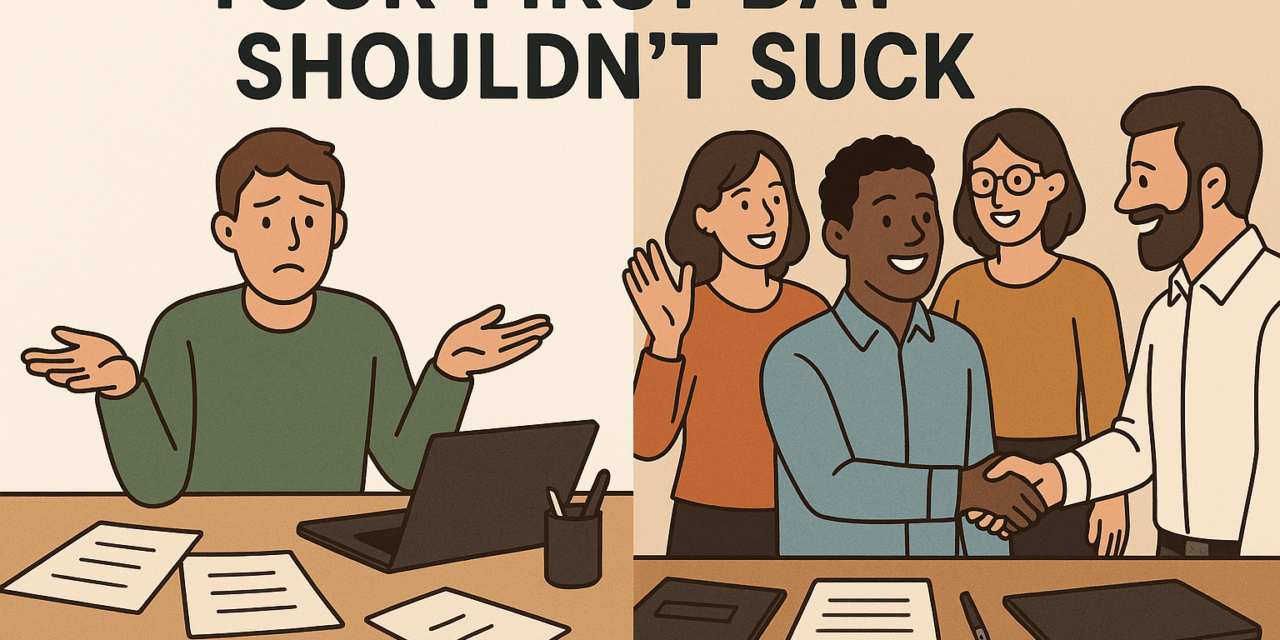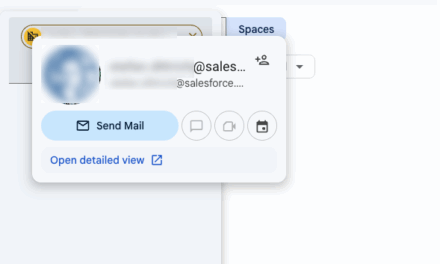Imagine a new sales rep wandering the office like a lost puppy, laptop in hand, desperately looking for someone who gives a damn? Yeah, that was probably YOU once.
Let’s be real. We’ve all been there. First day. New job. High hopes. Then…
“Oh, you’re starting today? Hmm, I think your manager is on PTO this week.”
Epic. Freaking. Fail.
Here’s the thing: how you onboard says EVERYTHING about your company culture. It’s like dating – if they can’t be bothered to brush their teeth for the first date, imagine what you’re in for six months down the road.
What Should Actually Happen
A proper sales onboarding plan covers:
- Company DNA – Not just the mission statement BS, but who actually runs things, how decisions get made, and where the bodies are buried.
- Product reality – Not what Marketing says it does, but what it ACTUALLY does. And more importantly, what customers really buy it for.
- Team dynamics – Who to go to when you need something done yesterday, who to avoid before coffee, and who knows the secret to getting expense reports approved.
- Customer truths – The difference between what our ideal customer profile says and who actually signs the checks.
- Systems training that doesn’t make you want to stab your eyes out with a pencil.
What Usually Happens Instead
“Here’s your laptop. Password is ‘Welcome123.’ Training materials are on the shared drive somewhere. Good luck!”
Then they wonder why reps take 9 months to ramp instead of 3.
Do Better Than This, People
If you’re a sales leader reading this: your new hires are judging EVERYTHING about your organization in those first few days. And they should.
If you’re a new rep who walked into a dumpster fire: document exactly what sucked so you can fix it when you’re running the show someday.
The crazy thing about good onboarding? Not that hard. Welcome email. Buddy system. Scheduled 1:1s. Actual training plan. Basic human decency.
But apparently that’s too much for some organizations who’d rather wonder why their turnover is 40%.
Remember: how you welcome people tells them everything about whether they made the right choice joining your team.
Don’t be the reason someone updates their LinkedIn profile on day three.





